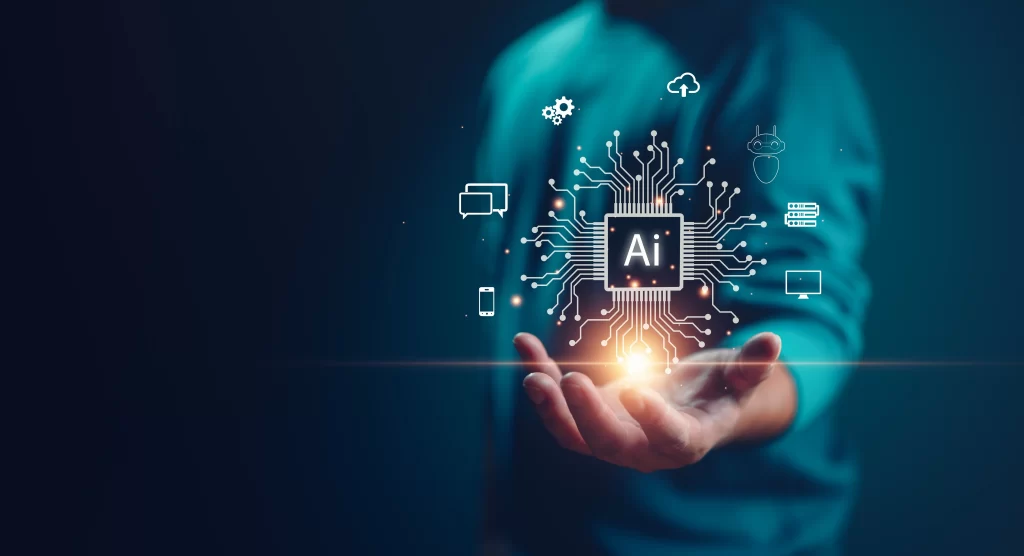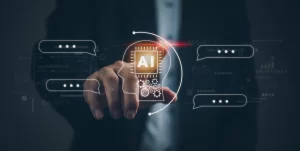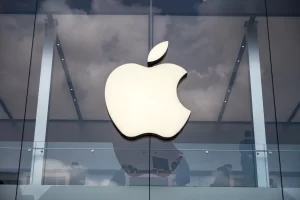Breakthrough AI System Achieves Human-Level Translation Accuracy Across Multiple Languages
2 min read
In a remarkable leap forward for language technology, researchers have unveiled an advanced artificial intelligence (AI) system that achieves human-level accuracy in translation across a multitude of languages. This breakthrough has the potential to revolutionize global communication and bridge linguistic divides like never before.
The AI system, developed by a team of experts from leading research institutions, employs a novel approach that combines state-of-the-art neural network architectures with sophisticated natural language processing algorithms. What sets this system apart is its ability to not only translate between widely spoken languages but also tackle more complex linguistic nuances found in less commonly translated languages.
Early evaluations of the AI system have shown unprecedented levels of accuracy and context sensitivity. It can accurately capture the subtleties of idiomatic expressions, cultural references, and technical jargon, ensuring that translations resonate with native speakers and maintain the intended meaning.
This breakthrough has significant implications for various sectors. International businesses can now communicate seamlessly with partners, customers, and stakeholders regardless of their native languages, eliminating barriers to expansion and collaboration. Diplomacy and global relations can be facilitated more effectively, fostering mutual understanding and cooperation among nations.
Furthermore, the AI system’s potential in education is noteworthy. Language barriers often hinder access to educational resources for individuals worldwide. With the advent of this technology, educational content can be translated accurately, making knowledge and learning more accessible to diverse populations.
The AI system’s creators emphasize its potential to preserve and celebrate linguistic diversity. By offering accurate translations in lesser-known languages, the technology can play a role in revitalizing endangered languages and promoting cultural exchange.
However, the technology is not without challenges. Ensuring privacy and data security, as well as addressing potential biases in translations, will be crucial as the AI system gains widespread use. Researchers and developers are actively working to refine these aspects to ensure ethical and responsible deployment.
As this AI system paves the way for a new era of language communication, it marks a significant step forward in the realm of AI-powered technologies. Its potential to foster global understanding and inclusivity through accurate and contextually sensitive translations heralds a promising future where language is no longer a barrier to effective communication and collaboration.







